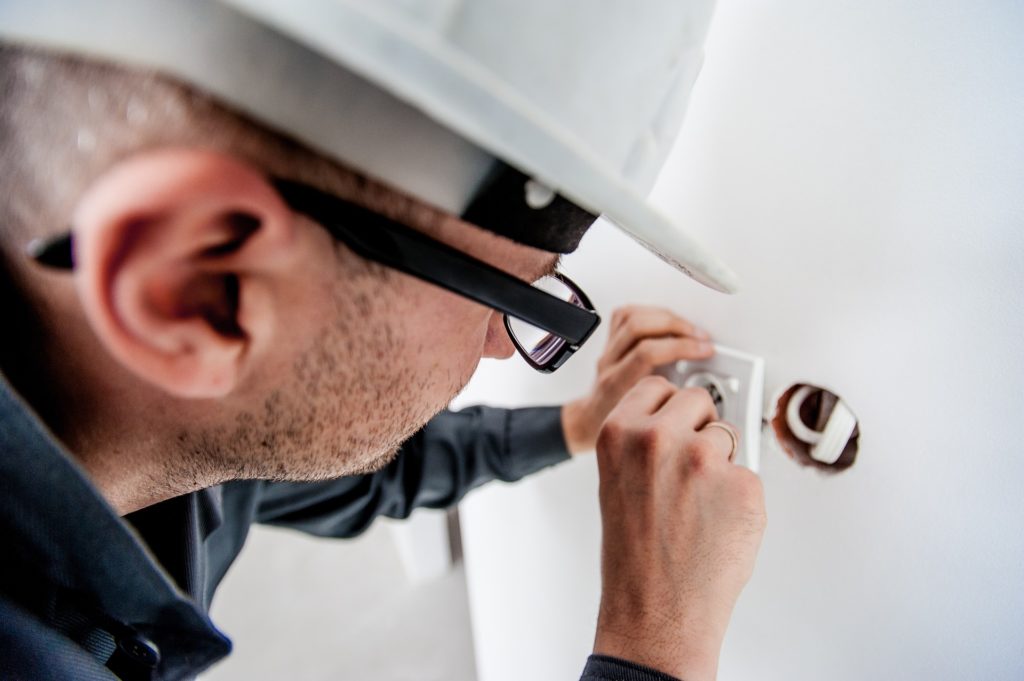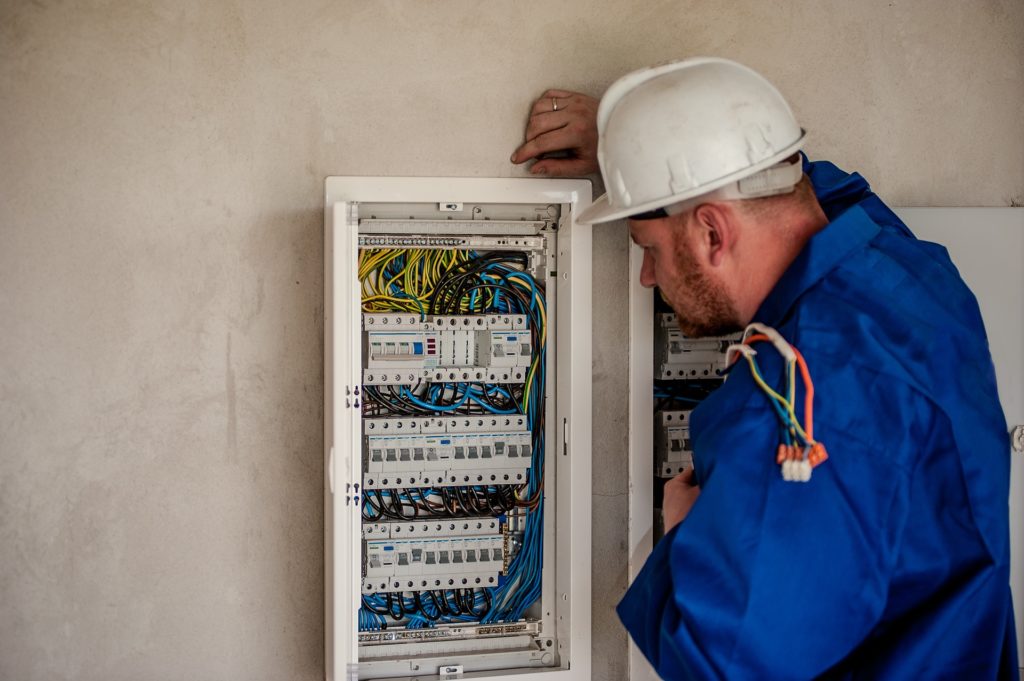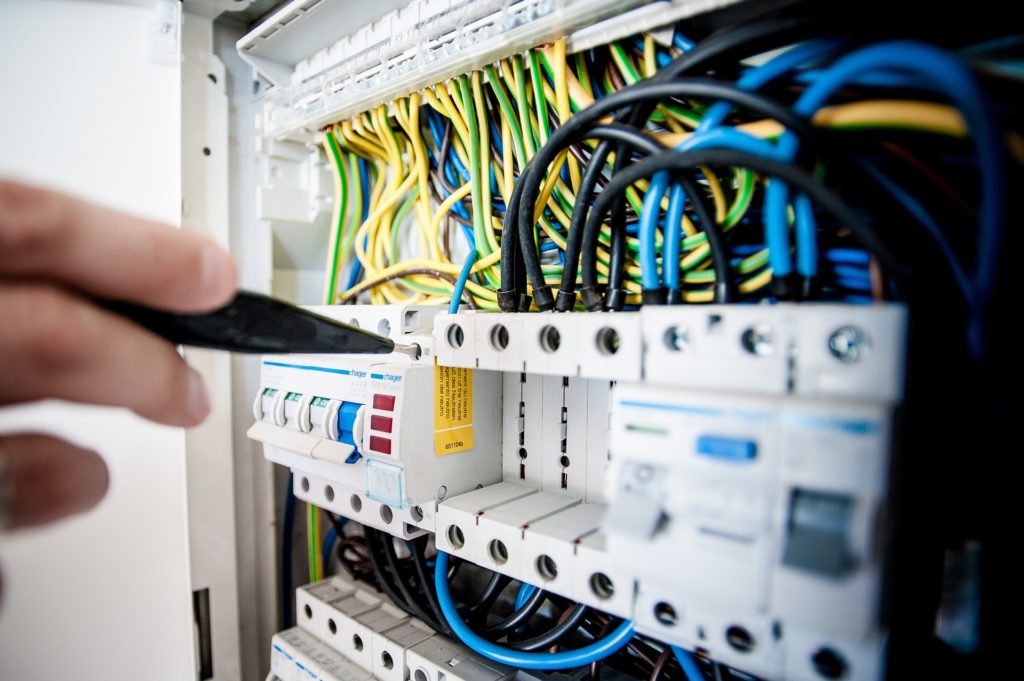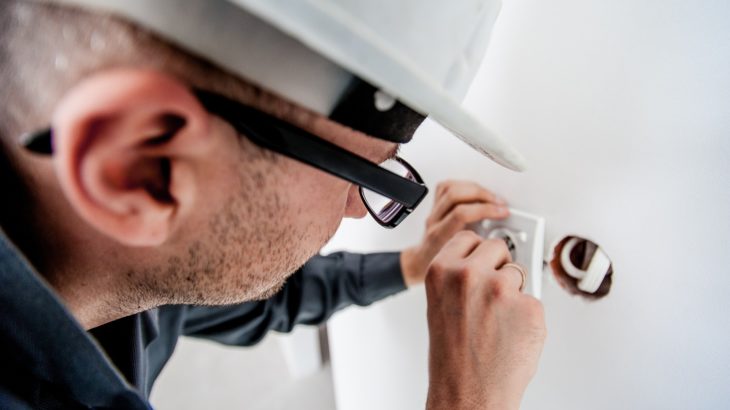
Electrical problems are one of those things that are best handled by professionals. Whether it’s to retrofit a specific part of your house or remodel an entire building, hiring an electrical contractor is one of the most important decisions you’ll have to make.
More importantly, if you are the owner of a business, you not only need an electrician with extensive experience and skill, but you also need to find someone who can handle working on large scale projects. Hence, the success of a whole project can hinge on hiring an electrical contractor.
But even if you are looking for an electrician for a problem in your home, you would be ill-advised to hire just anyone. The best thing you can do is to contact a professional electrician who will be able to handle anything, without causing any additional damage to the existing electrical system in your home.
Even if the electrician is licensed, they may not have the skills or experience to offer you the services you are seeking, since different electrical contractors specialize in different areas. So, when looking for an electrician, you will have to be methodical and precise if you want to get quality electrical services. Below is everything you need to know to help you along in selecting a long term industrial or residential electrical contractor.
Everything You Need to Sort out Before Looking for an Electrician

Before even trying to find the perfect electrical contractor, here is what you have to establish:
- Clearly outline what work needs to be done
- Decide what end result you are expecting
- Determine your budget
A clear picture of what you want and how much you can afford to pay will help you in the search for the right electrical contractor.
So, whether you are looking for an electrician for an office, your home, or a factory, the following tips will guide you through the process of choosing an electrical contractor who will be able to meet your needs.
1st Criteria: Credentials and Training
Conduct interviews with all electricians you are considering. During the interview, remember to assess their credentials and license. Licenses can vary from licenses for company to individual. If a company has a state license it means the company is qualified to offer electrical service. Licenses for companies include electrical contractor license and specialty license for fire alarm or low voltage.
Individual electricians, on the other hand, will have either a Master or Journeyman electrician license issued by their local county.
2nd Criteria: Experience

You want to be sure that your work is in good hands and that you are handing over your office or house to someone you can trust. Therefore, in addition to having the proper license, you want to be sure of their experience and capability. Their past work will help you establish whether they’ll be able to handle your project. If you want to hire an individual electrician, look for someone who at least one-year worth’s of experience.
You can also ask them about the types and sizes of projects they have handled in the past. If this is a new company, you might not want to contact them for the electrical installation of a whole factory.
3rd Criteria: Insurance
Electrical installation and repair come with a lot of risks. Which is why we recommend always hiring an electrician instead of trying to DIY it. And as mentioned above, you will need to find an electrician who is qualified and well-trained.
However, to err on the side of caution, you will get an electrical contractor who also has an insurance cover. An insurance will generally cover worker’s compensation and liability for accidents and injuries that might occur at your business. This type of insurance will give you a guarantee that you will be compensated if anything goes wrong during the project. Do not be afraid to ask the company for their insurance certificates – this is a quite common procedure and the company should have these readily available.
4th Criteria: Track Record
You really don’t want to work with someone who has an attitude problem and is not flexible. Changes happen in the course of a project and your contractor should be able to adapt if you choose to do so.
While it is best to sign a contract even before starting the project, you may need to change, add or remove a few things in the signed agenda as the project advances. Make sure that the contractor is okay with that before hiring them. One of the best ways to find out about their attitude is to go to their previous clients. You can check their reviews and references or ask to meet some of their clients. If they get glowing reviews from their clients, then chances are they will do an excellent job on your project as well.



















